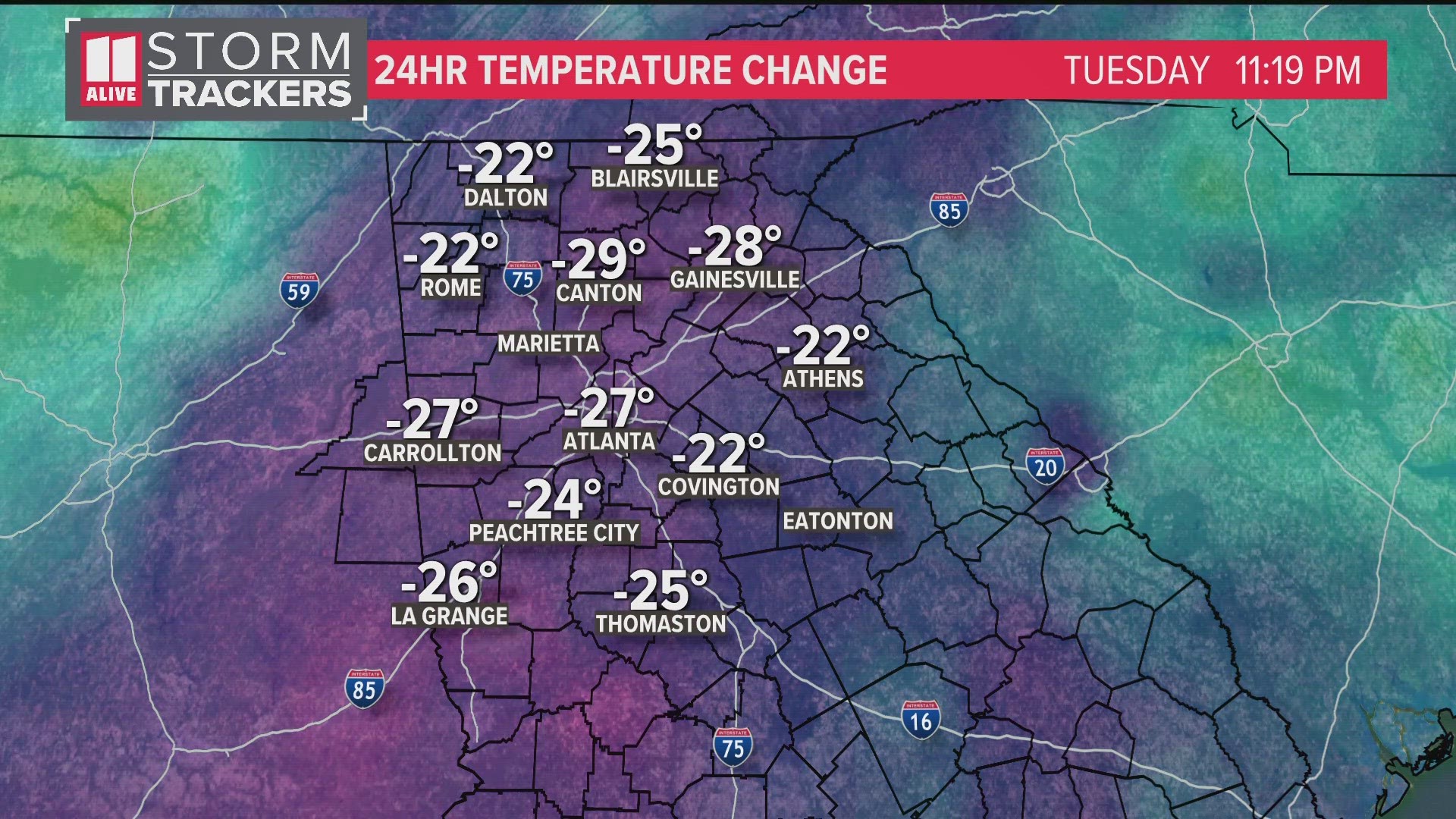As winter's chill tightens its grip and drivers awake with ice on their cars, many are looking for faster ways to defrost their windshields, but some are more dangerous than others.
The Question
If I use hot water to defrost my car, will I run the chance of cracking the windshield?
Our Sources
- Glass Doctor
- Prestone, Coolant/Antifreeze company
- YourAAA Daily
- Safelite AutoGlass
The Answer
Yes! Using hot water to defrost a car's windshield could cause cracks.
What We Found
While hot water is often considered an effective way to de-ice a windshield, it poses several risks. The sudden temperature change can lead to the following issues, according to Prestone and Glass Doctor:
- Cracked Windshield: Hot water can cause cracks to appear on the windshield; in extreme cases, the glass could shatter.
- Damaged Paintwork: Pouring scalding hot water may damage the paintwork by melting the protective wax layer, leaving a difficult-to-remove white watermark stain.
- Steam Burns or Scalding: There is a risk of burns from the hot water or steam produced during the process.
But what about using lukewarm water? The coolant/antifreeze company said it is a less risky option, but it may still result in freezing on frigid days, worsening the problem.
Other steps people can take aside from waiting include:
- Scrape Frost with a Credit Card: Start the engine, warm the car's interior, and use an old credit card at a 30-degree angle to scrape light frost from the bottom up.
- Use a De-Icer Spray: Mix vinegar or rubbing alcohol with water and spray on the windshield. Wait 15-30 seconds, then wipe the remaining ice with a snow brush.
AAA advises against using sharp tools or shovels to remove ice. Instead, use a strong plastic ice scraper. Wait until the car warms up, tap the ice with a snow broom, and use a homemade de-icer spray if needed. Be cautious about using solutions that can damage paint or corrode metal.

